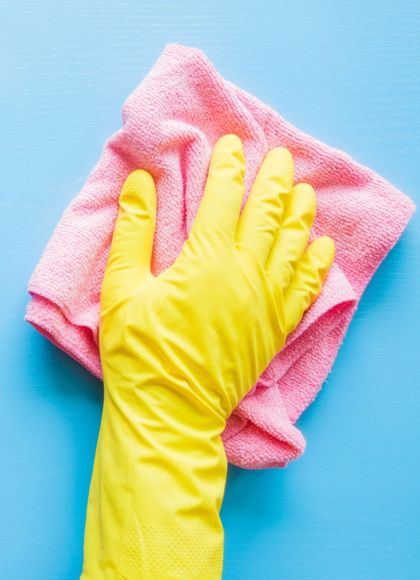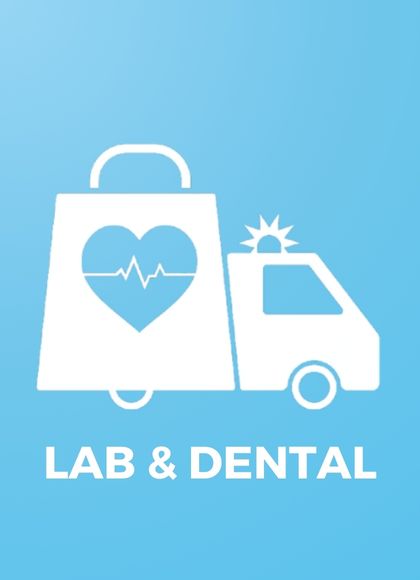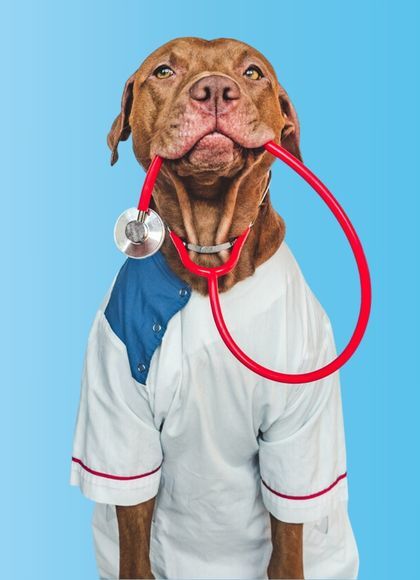Covid Booster Shot Australia – Everything you need to know
For the most part, Australia has avoided a disastrous overrun of our health system during the height of the pandemic, thanks largely to widespread vaccination. While the vaccination rollout was slow due to supply issues, community acceptance and uptake of the vaccine meant our vaccination rate surged past many developed countries, including the US and UK.
Vaccination is our best defence against diseases, particularly the COVID-19 pandemic. It offers the best protection against serious illness and death. The vaccines have been thoroughly tested and assessed by the Therapeutic Goods and Administration (TGA) and found to be highly effective and safe.
However, vaccines become less effective over time. This is because new variants of the virus form, which the vaccine does not give protection from. A booster shot given several months after the first round of jabs can help “close the gap” and increase the vaccine's effectiveness.
What is a booster shot in the COVID-19 vaccine?
A booster shot is just another type of vaccine. Its role is the same as the original round of vaccines in that it stimulates the body’s immune response forcing the immune system to make antibodies to fight the virus. Research shows that antibodies created from the vaccine generally decline over time. Viruses also change and mutate over time, making the original round of vaccines less effective. This is when a booster shot is needed, as it can increase the number of antibodies by up to ten times.
For this reason, booster shots can help protect against severe disease and dying from COVID-19.
What’s more, the booster shot not only continues to protect you but also your loved ones and anyone you come in contact with in the community.
Should you get a booster shot?
A booster shot is particularly important if you fall in the at-risk category or if your immunity has declined over time. You are in the at-risk category if:
- You are over 70 years old
- You have underlying health issues such as diabetes
- You have a disability – this is due to other existing health conditions and difficulty in maintaining physical distancing and hygiene requirements (for example, wearing a mask)
- You are Aboriginal or Torres Strait Islander living in remote communities – this is because of higher rates of other health issues and difficulty in accessing health care in these communities
If you are not in the at-risk category, you will still need a booster shot if it has been more than six months since you’ve had your first round of vaccinations. This is because your immunity will likely have declined due to the nature of the virus and its tendency to mutate into other variants.
The vaccines available in Australia are the Comirnaty (Pfizer), Spikevax (Moderna) and Vaxzevria (AstraZeneca) vaccines.
The Pfizer booster shot is recommended if you are 16 or 17 years old. Pfizer or Moderna is also suitable for those over 18 years and the elderly. You may also opt for the AstraZeneca vaccine if you can’t have the Pfizer vaccine for medical reasons.
A booster shot is currently not recommended for children 5-15 years old.
There is currently no vaccine available for children under four years.
Experts say you can receive the Pfizer or Moderna booster regardless of which vaccine you had as the first two doses.
Are you eligible for a covid booster shot?
You are eligible for a booster shot if you:
- Are aged 16 years or older
- Have had your last (out of 2) COVID-19 dose at least three months ago.
Additionally, you are also eligible for a booster shot if you are:
- Pregnant
- Severely immunocompromised
- Fully recovered from a COVID-19 infection. It takes about 4-6 weeks for full recovery after being infected with COVID-19.
If you would like to make an appointment for a booster shot, see your State-run vaccination centre or visit your nearest GP, clinic or pharmacy for an appointment. Many vaccination centres also offer walk-in services. See Vaccination centres to find one nearest to you.
You can also call the National Coronavirus Helpline on 1800 020 080 if you need assistance with making a booking.
When you get your booster shot, don’t forget to bring your proof of vaccination, such as the COVID-19 vaccination certificate or immunisation record.
Are booster shots safe?
COVID-19 booster shots are safe. However, it’s not without side effects. The side effects are similar to the first two doses, such as:
- Pain, swelling, or redness on or near the area of the jab
- Fatigue
- Headaches
- Joint and muscle aches
- Fever and chills
You may also experience swollen lymph nodes, which is more common with booster shots than the first two shots.
There are also some very rare side effects such as inflammation of the heart or inflammation of the membrane around the heart. However, there is still very limited data concerning these side effects, and the benefits of being vaccinated still outweigh the risks. You can read more about Pfizer’s side effects and Moderna’s side effects from the Australian Government Department of Health website.
Covid Resources
You can find out more about Covid through the Australian Government Department of Health website. There are a wide variety of factsheets available for download for the general public as well as links to apps and other resources.
For information about the COVID-19 booster vaccine, the Australian Government Department of Health has a page dedicated to information on who it’s recommended for, how to get it and where to get it.
If you would like to find out more about a range of factors that can increase your risk of serious disease, the Australian Government Department of Health’s Advice for groups at greater risk page has information on how you can minimise your risk if you are in an at-risk group.
To find your nearest vaccination centre, head to the Victorian Government’s Vaccination centre page.













